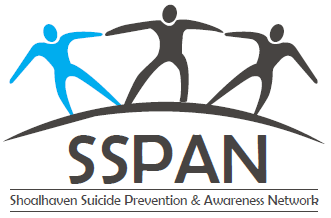Have you ever heard the term blue cards? Do you know how to start a conversation with someone in your life who is struggling/might be suicidal? If you would answer no to both these questions then this article can surely help you please read on to find out how the answers to both.
Starting the conversation
Many people know someone in their lives who needs/could benefit greatly from getting help with mental health issues but simply don’t know how to start a conversation around mental health.
The conversation can be started through a few simple questions that can open up an individual to discuss their struggles and in turn get the help they need. Check out these “ice-breaker” questions below.
- You haven’t seemed yourself lately, is everything ok?
- What can I do to support you? What can I do to help?
- Would you like to talk about what’s going on? I’m worried about you
- How are you feeling? How has this been affecting you?
- Would you feel more comfortable talking about what’s bothering you with a professional?
Blue Cards
Sometimes people in crisis simply can’t find the words to reach out so that’s where blue cards can make a massive difference in getting the individual suffering opening up and getting the help they need. One in five young Australians are dealing with a serious mental illness and more than 60% do NOT seek help.
Similar to other programs that exist internationally, Blue Cards aim is to assist and encourage young people seeking help at times of need. The ‘Blue Card’ is provided to young people and schools and services that work with youth at no cost to them.
There is an over-saturation of self help and the expectation of self-reliance being everywhere, like
- ‘Self Help’ book sections in libraries
- Media – TV and internet
- Friends
- Family
- School
The problem with this narrative is that it can cause individuals to believe that seeking help is ‘weak, wrong or shameful’. These attitudes can lead to more feelings of guilt and massively lessen the likelihood of a young person in crisis of reaching out and getting the help they need.
It can be hard and in some cases an impossible task for young people in crisis to summon the courage and the words to ask for help. The ‘Blue Card’ is a simple means of removing some of the difficulty in asking for help. The young person is aware what support they are asking for, because it is clearly written on the back of the card. The ‘Blue Card’ can reduce the difficulties young people may have when they are struggling asking for help, seeking help can be the first step to recovery.
SSPAN has loads of useful links for those who are struggling with their own mental health issues, so if someone you know or you are struggling check out these links here.
Check out the blue card order form if you think the blue cards can help you or someone in your life.


